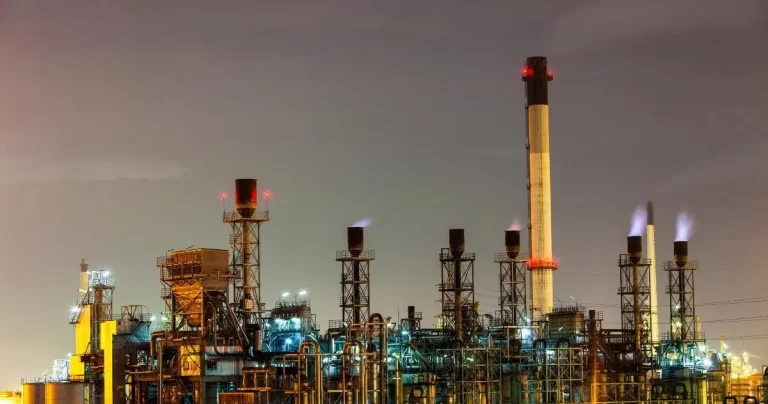Electricity Production in March 2024 Down 8.2% MoM
Staff Report
Electricity production in March 2024 has been down 8.2% on monthly basis compared to electricity generation in February 2024.
According to data compiled by Akseer Research Pvt Ltd, total electricity production in March 2024 reached 8,023 GWh (Gigawatt-hours), representing a 12.5% increase from February 2024.
However, when compared to March 2023, there is an 8.2% decrease in production.
Hydel power emerges as a notable contributor to the overall increase, with production surging by 25.5% month-on-month and 10.8% year-on-year.
This growth is indicative of the continued reliance on hydropower to meet the nation’s energy needs, leveraging Pakistan’s abundant water resources.
Conversely, coal production experiences a significant downturn, both on a monthly and yearly basis.
With a month-on-month decrease of 23.6% and a year-on-year decline of 35.4%, the data underscores challenges facing the coal sector, including environmental concerns and shifting energy policies.
The report also sheds light on the performance of renewable energy sources, with wind power witnessing a remarkable month-on-month increase of 89.8%.
This surge highlights the potential for expanding clean energy infrastructure in Pakistan and reducing reliance on conventional fuel sources.
However, other renewable sources, such as solar and bagasse, face declines in production, signaling a need for targeted interventions to harness their full potential.
In the realm of gas and RLNG (Regasified Liquefied Natural Gas), production remains relatively stable, with slight fluctuations both month-on-month and year-on-year.
Despite challenges in the global energy market, gas continues to play a vital role in Pakistan’s energy mix.
Nuclear power, another cornerstone of Pakistan’s energy strategy, shows a promising uptick in production, with a month-on-month increase of 24.7%.Nepra Imposes Rs50m Fine on Each Disco over Load shedding
However, year-on-year figures reveal a slight decline, highlighting the need for sustained investment and maintenance in nuclear infrastructure.
The report also touches upon the nascent sector of net metering, which experienced a temporary setback with no production recorded in March 2024.
This underscores the need for supportive policies and incentives to encourage the adoption of renewable energy technologies at the consumer level.








